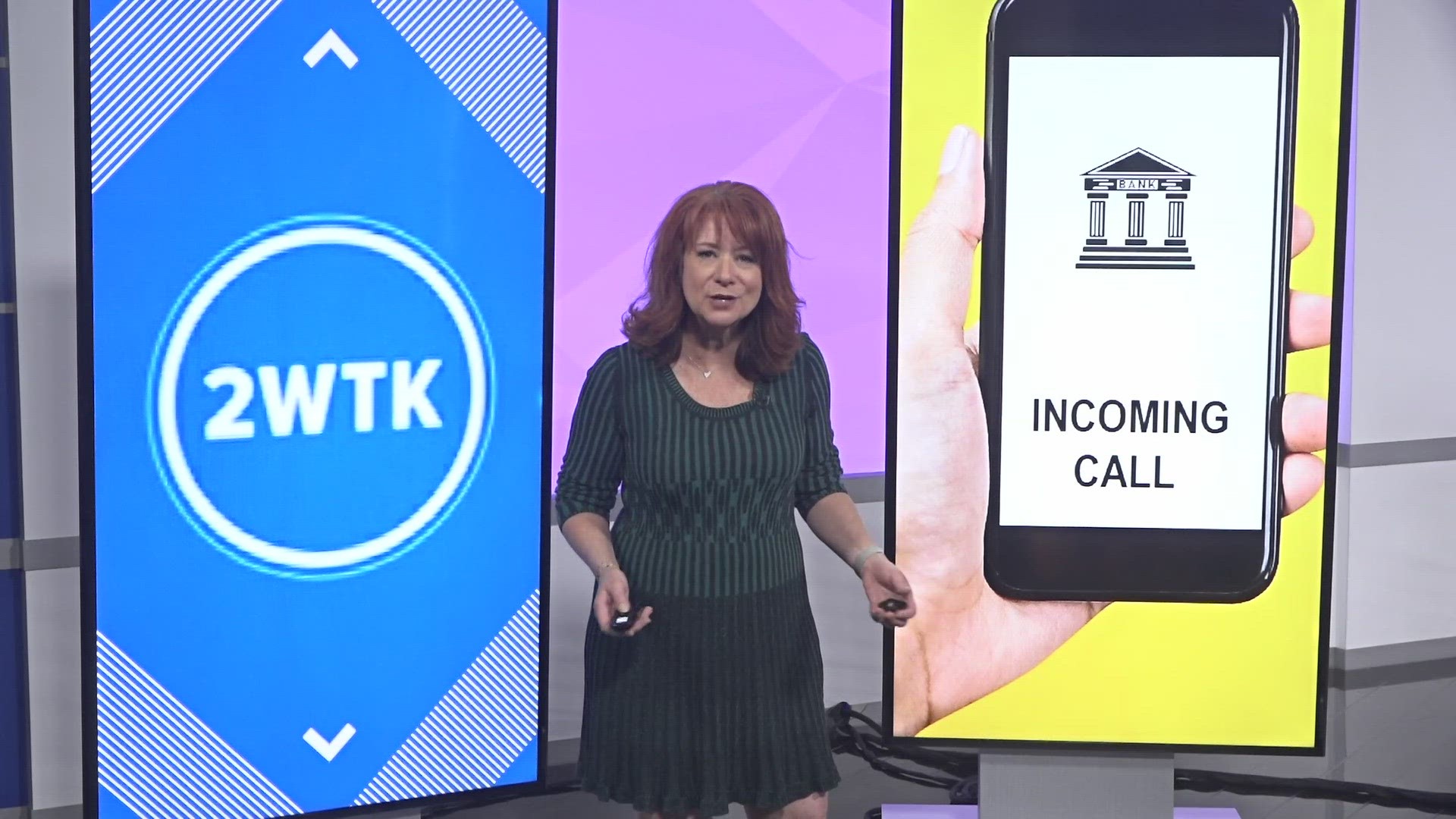GREENSBORO, N.C. — Your bank is calling you. It says so on your Caller ID, but don't answer it. Really. I know it says it's your bank, but let it ring until it goes to voicemail. It's for your protection from the Code Scam.
"Let the call go to voicemail. In the scam, the conmen are constantly calling, so that is a red flag if they keep calling. If they leave a voicemail, don't use the number they leave, instead, find the number on your card and call them back. If you get on the phone though with the original caller, never give out the authentication code," said Lechelle Yates, Better Business Bureau.
The Code Scam starts with a phone call from what looks like your bank, maybe they say they're from the fraud department. At some point, the caller gets around to saying they need your code, your PIN, or a verification number to make sure it's you. Once you give them the code, that means you're giving them access and authorization to move money in and out of your account.
"If you do end up sharing information, about your account the bank's fraud protection agreement that you have signed is not going to protect you. The bank says if you have willingly given a stranger the information, they are not giving you back your money," said Yates.
When you get a call, a text, or an email, never believe it 100%. Always go online to your account. look up the phone number on the back of your card. So many of us are worried about fake charges and accounts getting hacked. The scammers know it. don't let them lure you in.

